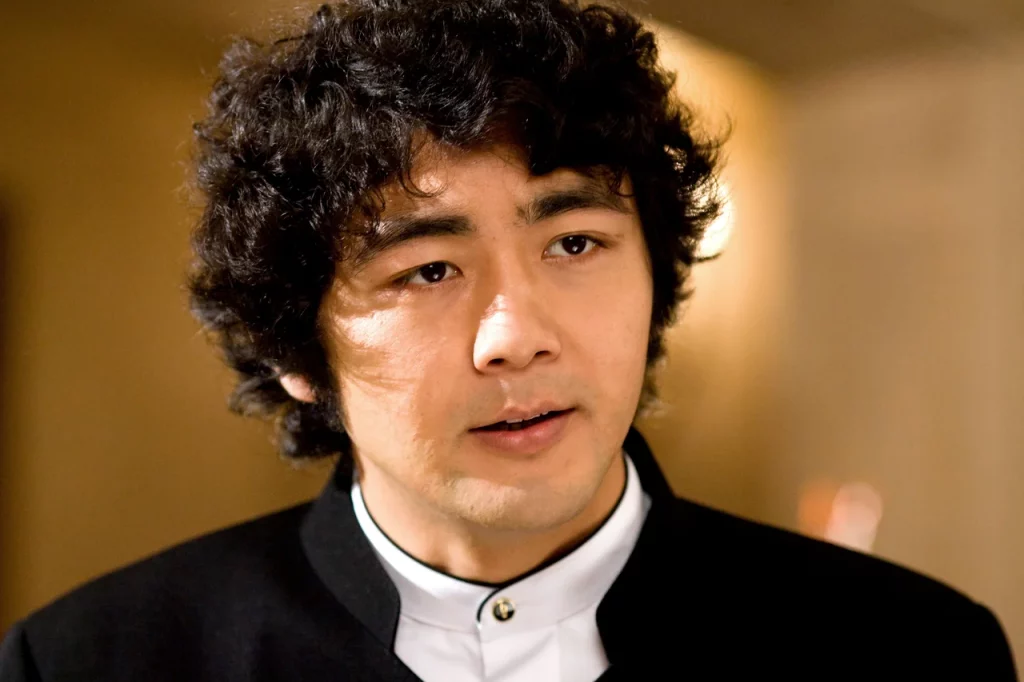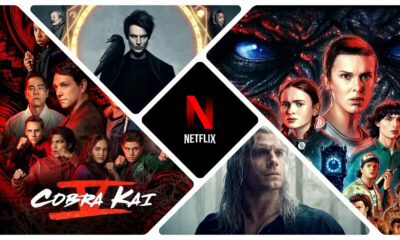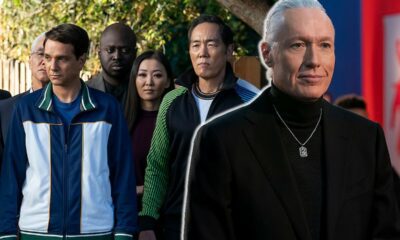Netflix
Netflix’s Cobra Kai series has sparked outrage among Japanese audiences
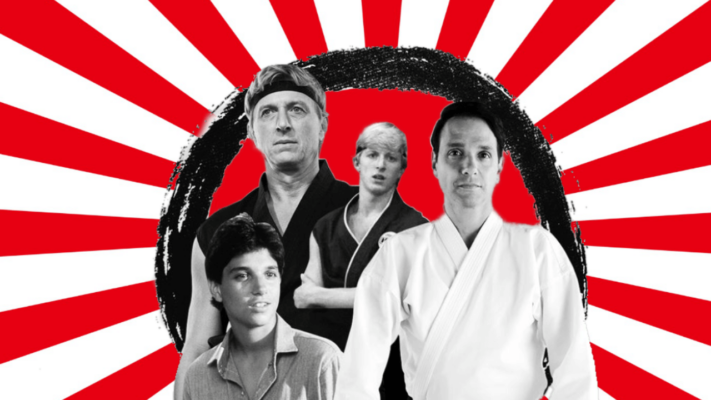
Netflix’s Cobra Kai is winning hearts worldwide, but we wish we could say the same for Japanese audiences. Since The Karate Kid and Cobra Kai have a strong connection with Japanese culture and heritage, which is why Japanese people were outraged at the misrepresentation of Japanese culture on the screen.
Yukari Oyama Peerless, a translator and cultural consultant, says she sat down with her husband and 13-year-old son in their Victoria home to watch the Netflix series Cobra Kai — and became upset by what she saw on the screen.
Oyama Peerless, who came from Nagasaki [Japan] to Canada in 1998, whose first language is Japanese, said the Japanese language inscribed on the props made no sense.
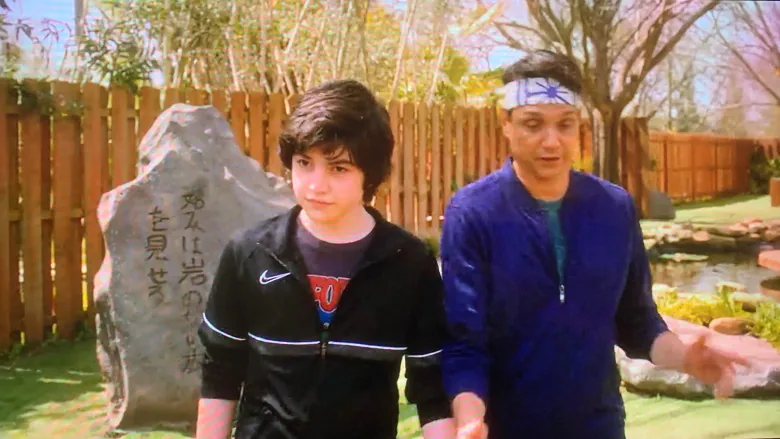
In one example, she says, the protagonists walk across a rock etched with Japanese inscriptions that read, “envy will show you a rockless garden.” In another, a piece of script that is supposed to contain karate lessons reads, “The chosen one will use shisa’s barks to stop the dragon’s heart, but be careful, the user may face death.”
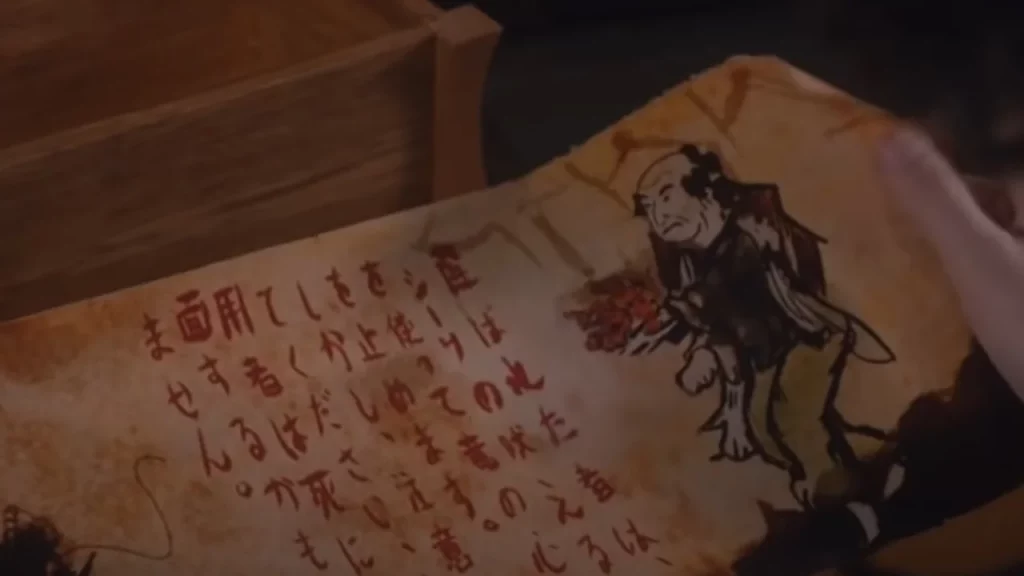
“I pointed it out to my family [who don’t speak Japanese],” Oyama Peerless said. “My family [was] laughing, but after a while, it bothered me.”
“I felt very insulted, and I felt overlooked … I just feel we are invisible.”
Really sick of this still happening in 2022. #veryasian #aapi pic.twitter.com/b4ZplgqJ6p
— Yukari Oyama Peerless🇨🇦🇯🇵はみライPodcast (@YukariP) February 2, 2022
In her tweet, Oyama Peerless expressed her disappointment at the showrunners’ misrepresentation of Japanese culture. Her tweet resonated with hundreds of Japanese people in Canada and beyond, at a time when many are concerned about the lack of accurate representations of Asian people in the media mass.
Why Hollywood consistently misrepresents Japanese culture
Hollywood has a history of misrepresenting Japanese culture, including some of Netflix’s popular series, Getting Curious with Jonathan Van Ness.
Actor Yuki Matsuzaki, who hails from Miyazaki Prefecture and has worked in Hollywood for two decades, states that misrepresenting Japanese culture is very common in movies because directors and producers do not anticipate Japanese viewers will complain when things go wrong.
“[Japanese viewers] don’t boycott, they don’t speak out. It doesn’t really affect ratings or … their box office,” Matsuzaki remembers a white producer telling him a decade ago in an interview with CBC.
Tell us in the comment section what you think of the misrepresentation of Japanese culture.

